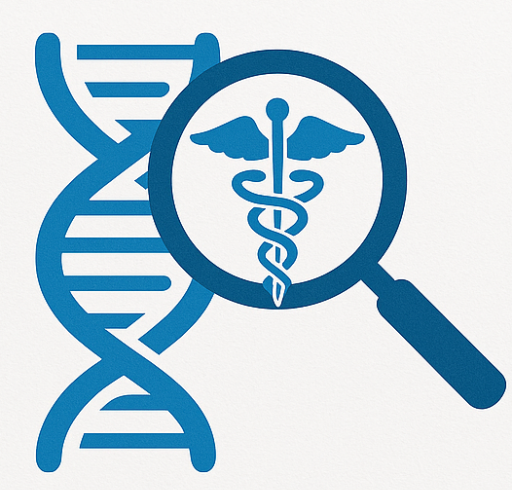ALK
🔍 What is ALK?
ALK is a gene that encodes a receptor tyrosine kinase involved in neural development. In cancer, ALK can become oncogenic through gene rearrangements (fusions) or point mutations, which cause its constitutive activation, leading to uncontrolled cell growth and survival.
📊 Prevalence of ALK Alterations in Cancer
| Cancer Type | Frequency of ALK Alterations |
|---|---|
| Non-small cell lung cancer (NSCLC) | ~3-7% (especially in younger, non-smokers) |
| Anaplastic large cell lymphoma (ALCL) | ~50-60% (ALK-positive ALCL) |
| Inflammatory myofibroblastic tumor | ~50% |
| Neuroblastoma | ~8-10% (point mutations or amplifications) |
⚙️ Mechanism of Oncogenic Activation
- ALK gene fusions: The most common mechanism in NSCLC involves fusion with partners like EML4, leading to a constitutively active ALK kinase domain.
- Point mutations: Seen mainly in neuroblastoma, activating ALK without fusion.
- Constitutive kinase activation triggers downstream pathways including:
- RAS-RAF-MEK-ERK (MAPK) pathway
- PI3K-AKT-mTOR pathway
- JAK-STAT pathway
These pathways promote cell proliferation, survival, migration, and resistance to apoptosis.
